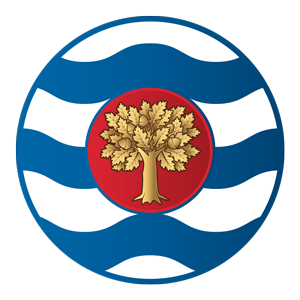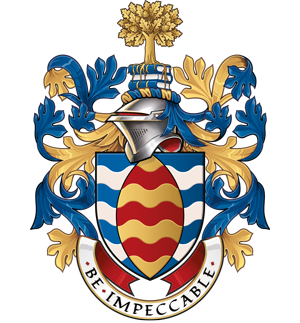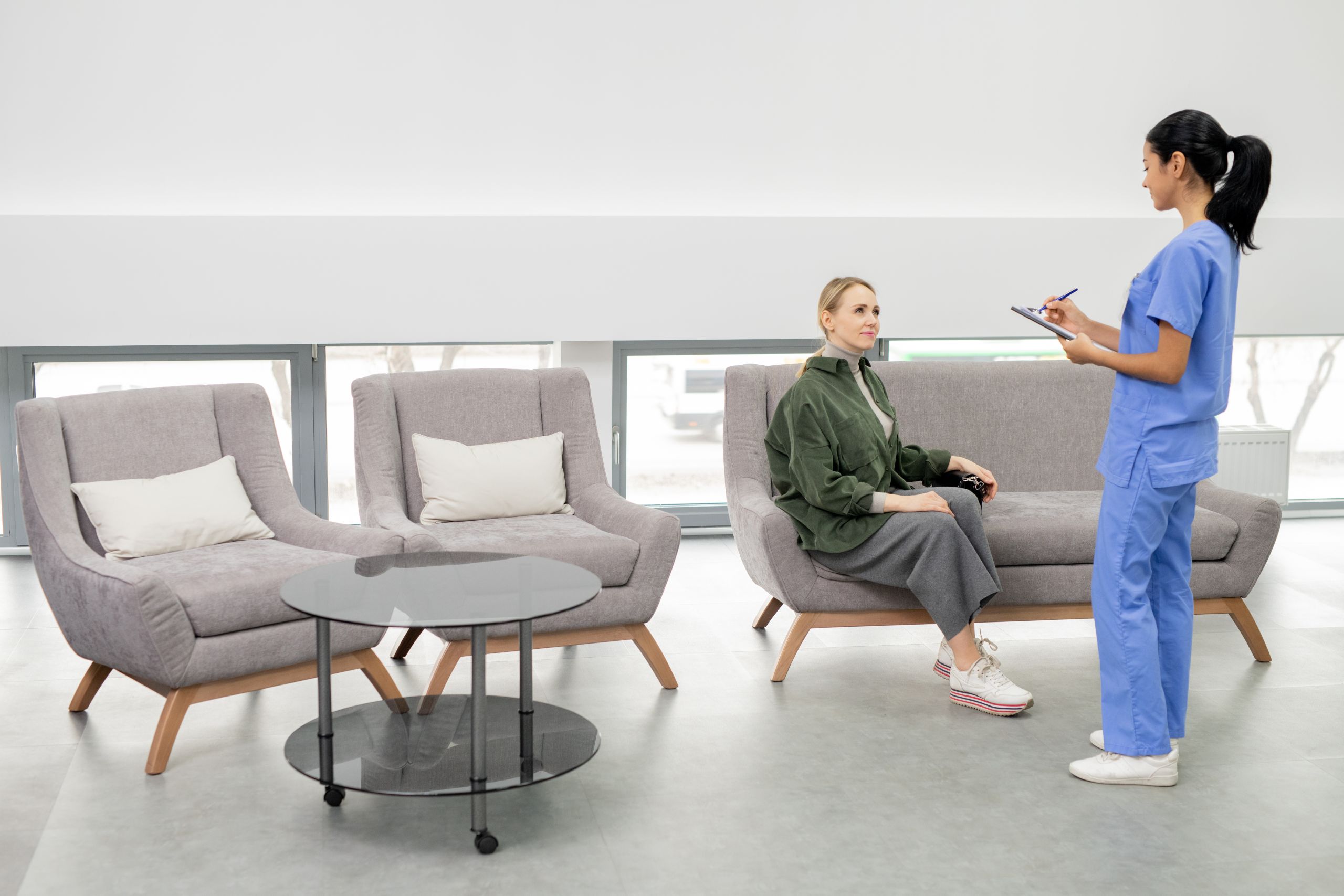
An evidence based and individualised approach to bleeding and thrombotic disorders
Thorough clinical examination supported by sophisticated application and interpretation of routine and specialty medical imaging and blood testing (including genetic testing in some circumstances) providing care appropriate to the individual avoiding limitations of empiric and protocol driven practices.
AREAS OF EXPERTISE
VENOUS AND ARTERIAL CLOTTING DISORDERS
BRUISING AND BLEEDING DISORDERS
AUTOIMMUNE CONDITIONS
PREGNANCY
INVESTIGATIONS
PERI-OPERATIVE STRATEGIES
(DVT, PTE, other) and arterial thrombotic disorders.
Uncharacterised bruising or bleeding disorders, Von Willebrand disease, rare factor deficiencies and haemophilia, platelet bleeding disorders and thrombocytopenia.
Immune/autoimmune conditions (like ITP).
Bleeding and thrombotic disorders in pregnancy. Abnormal blood counts in pregnancy.
Investigation of abnormal blood counts and disorders of iron metabolism (iron deficiency and iron overload).
For patients with bleeding/thrombotic disorders and those on anti-coagulants.
Dr Rabbolini
BSC, MBBCH, PHD, FRACP, FRCPA
Haematologist
David is a haematologist who specialises in conditions related to bleeding and blood clotting. He has trained and practiced in tertiary centres of excellence in Australia and the UK (Oxford), as well as in rural and regional centres in South Africa and Australia. Having obtained his PhD (Sydney) exploring rare bleeding disorders and through his continued involvement in clinical and translational research, David continues to play an active role in the development of his field.David believes that optimal health can be achieved through simple measures that include diet, exercise…. Read more
AFFILIATIONS
Honorary Senior Lecturer | The Kolling Institute
Faculty of Medicine and Health | The University of Sydney

Co-Lead | The Sydney Platelet Group
(research collaborative)
Honorary Senior Lecturer | The Kolling Institute | Faculty of Medicine and Health | The University of Sydney
Co-Lead | The Sydney Platelet Group (research collaborative)





